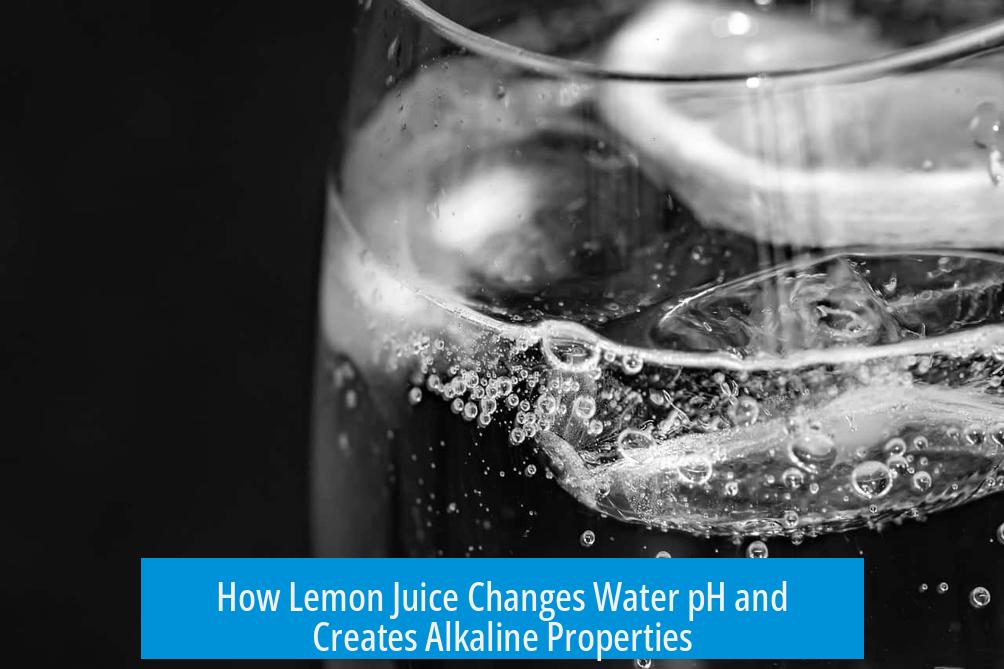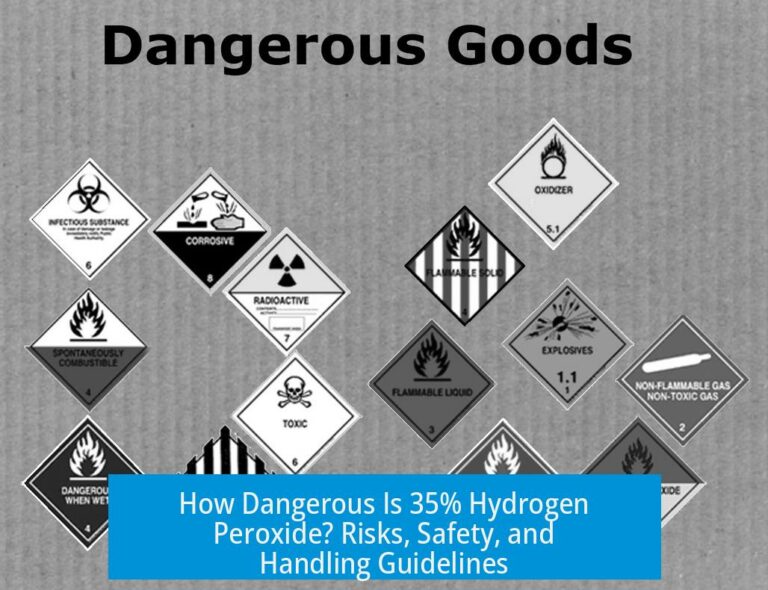How Adding Lemon to Water Makes the Water Alkaline?
How Adding Lemon to Water Makes the Water Alkaline?
Adding lemon juice to water does not make the water alkaline; instead, it lowers the pH and makes the water more acidic. While this idea is widespread, especially in wellness circles, scientific evidence and pH measurements consistently show that lemon juice is acidic and reduces the water’s pH upon addition.
Effect of Lemon Juice on Water pH
Lemon juice contains citric acid, which has a low pH typically around 2.0. Pure water is neutral with a pH near 7.0. When lemon juice is added to water, the overall mixture’s pH shifts lower, resulting in an acidic solution.
- Adding lemon juice to neutral water decreases pH.
- The resulting solution is acidic, not alkaline.
- The misconception arises from comparing pH changes relative to lemon juice itself, not water.
Misconceptions Regarding Alkaline Water
Some claim that lemon water is alkaline because it neutralizes alkaline water. However, mixing lemon juice with alkaline water actually reduces alkalinity. It neutralizes the base, shifting the solution toward a more neutral or acidic pH.
In other words:
| Scenario | Effect on pH |
|---|---|
| Adding lemon juice to neutral water | pH decreases, solution becomes acidic |
| Adding lemon juice to alkaline water | pH decreases, alkalinity neutralized |
Body’s pH Regulation and Acid-Base Homeostasis
The human body’s blood pH remains tightly regulated around 7.4, regardless of consuming mildly acidic or alkaline drinks like lemon water. Strong buffering systems in blood and tissues maintain this balance:
- Blood buffers prevent large pH shifts from diet.
- Minor changes in consumed beverage pH do not significantly affect physiological pH.
- Altering blood pH by even 0.1 unit can have serious health consequences, so balance is tightly controlled.
This means that drinking lemon water will not alkalize your blood or change overall body pH meaningfully.
Metabolism Converts Lemon Juice to Alkaline Byproducts
Lemon juice is acidic outside the body but metabolized into alkaline compounds. These byproducts can raise the pH of urine, making it more alkaline. However, this does not extend to blood or systemic pH changes. The effects are localized and related mainly to renal excretion.
Origin of the “Alkaline Lemon” Claim: Ash Analysis
The alkaline claim often attributed to lemon water originates from studies where lemon is dried and incinerated. The resulting ash, when dissolved in water, yields an alkaline solution.
- Incineration removes organic acids, such as citric acid, by converting them to CO2 and water which evaporate.
- Residue contains alkaline minerals (e.g., calcium, magnesium oxides).
- This ash-water solution is alkaline but does not represent the lemon water consumed.
This experimental context does not translate to physiological effects from drinking lemon water itself.
Personal Experiences and Experimental Evidence
Individuals measuring lemon water with pH paper or litmus strips find it acidic. Reports of heartburn or acid reflux after drinking lemon water support this observation.
- pH testing on lemon water consistently shows values below 7.
- Subjective symptoms align with acid exposure.
- These findings reinforce the scientific conclusion that lemon water is acidic, not alkaline.
Key Takeaways
- Lemon juice lowers the pH of water, making it acidic.
- Mixing lemon juice with alkaline water reduces, not increases, alkalinity.
- The body tightly controls blood pH; dietary acidity has minimal impact on systemic pH.
- Metabolism produces alkaline urine from lemon juice but does not alter blood pH significantly.
- The alkaline claim arises from ash residue experiments, not actual lemon water consumption.
- Practical pH tests and experiences confirm lemon water is acidic.





Leave a Comment